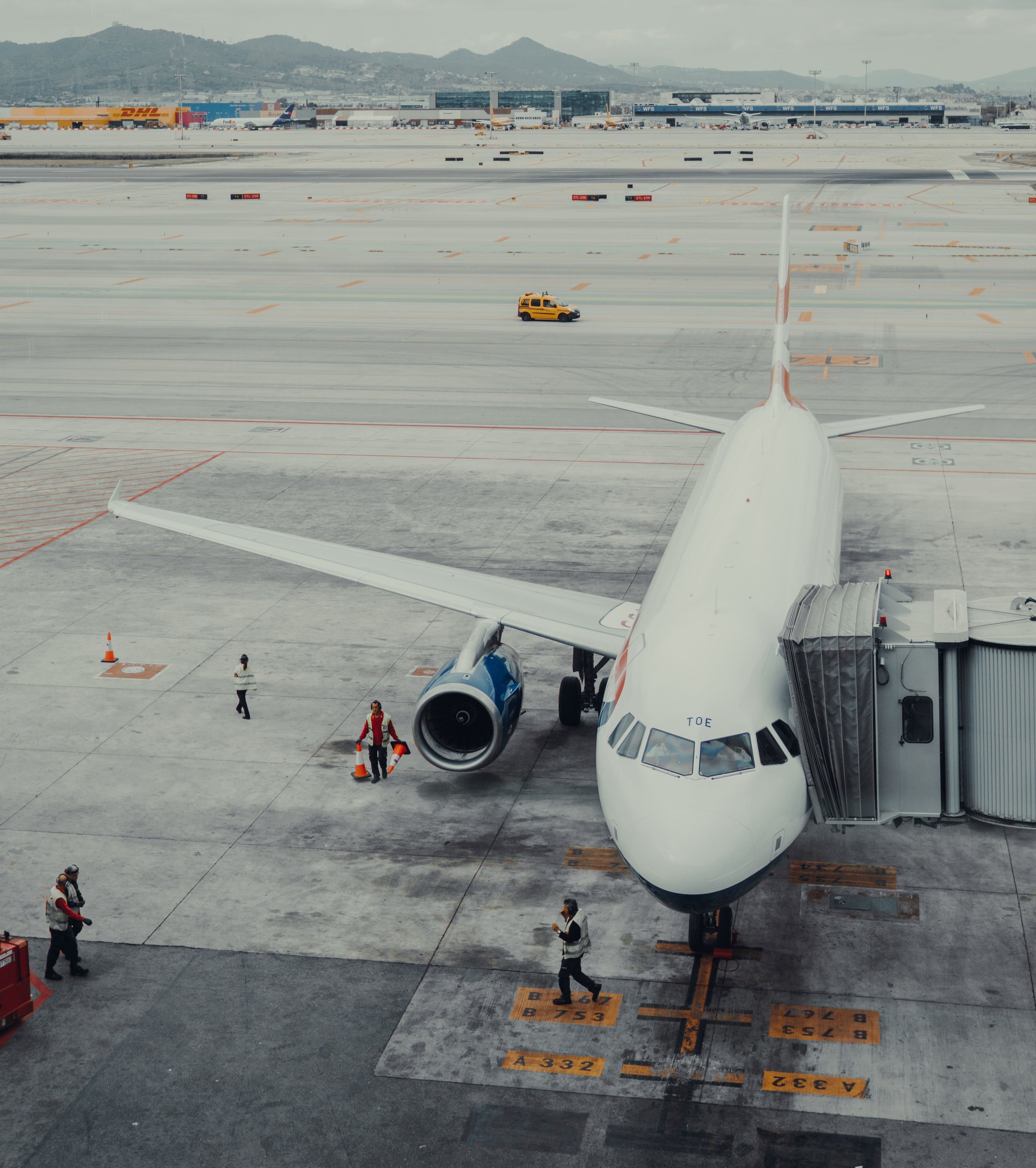Background Check Rules Relaxed for UK Aviation Staff
According to a letter leaked to The Telegraph, UK Government is planning on relaxing some of the vetting rules for aviation staff. The letter to chief executives of airlines, airports and ground handling companies explained how ministers hoped to bring about the legal changes in the coming weeks.
Relaxation of the rules is being considered as a way to help counter the chaos brought on by significant staff shortages in airports across the country. Over 1,300 flights were cancelled over the Easter holidays, which is an increase of over 1000% compared to the same period in 2019.
The legislation which ministers are trying to change involves how and when new staff can be trained. Under the current rules, left over from our time in the EU, staff can only be trained once all vetting checks have been completed.
Some news outlets are reporting that certain background checks are being bypassed to speed up the recruitment of staff. UK Aviation Minister, Robert Courts, stressed that:
“... while we are acutely conscious of the need to get more staff into your operations, we have to balance this against the risk of insider threat and other security factors. This will always be our primary focus.”
The proposal from Mr Courts, if made law, would allow staff to be trained prior to these checks being complete. In theory this should streamline the recruitment process. All new recruits would still be required to wait for their vetting to be completed before being allowed airside.
Background Checks for Airside Staff
Airside staff are all those working in airports who have access to runways and aircraft. People working in airside roles have some of the most comprehensive vetting checks carried out before they can begin work.
Manchester Airport’s website vetting checks page states that all airside staff must go through the following background checks:
A Security Interview to find out details of your activities over the past 2/5 years.
Contacting your referees for your employment/education history
Evidencing your activities for any periods not in employment or education.
A Basic Criminal Record Check by DBS (Disclosure and Barring Service)
A Counter Terrorism Check (For select roles only)
Conducting such a wide range of checks can obviously take a lot of time. According to some sources, it can take up to 30 weeks for the DfT to complete the checks and clear airside staff. Waiting for checks to be completed to begin a training regime adds an unnecessary delay on getting new recruits working.
EasyJet alone is waiting for DfT approval for over 100 new staff to start their training. If the checks and training can be carried out concurrently, the recruitment process for airside staff would be much quicker.
Ultimately, it's not just slow background checks which have caused a shortage of staff at UK airports. Many staff who were laid off during the pandemic have found other work. On top of this, COVID-19 related staff sickness still remains a problem.
Considering this as well, it remains to be seen whether the proposed change to legislation will help lessen the chaos at UK airports.


